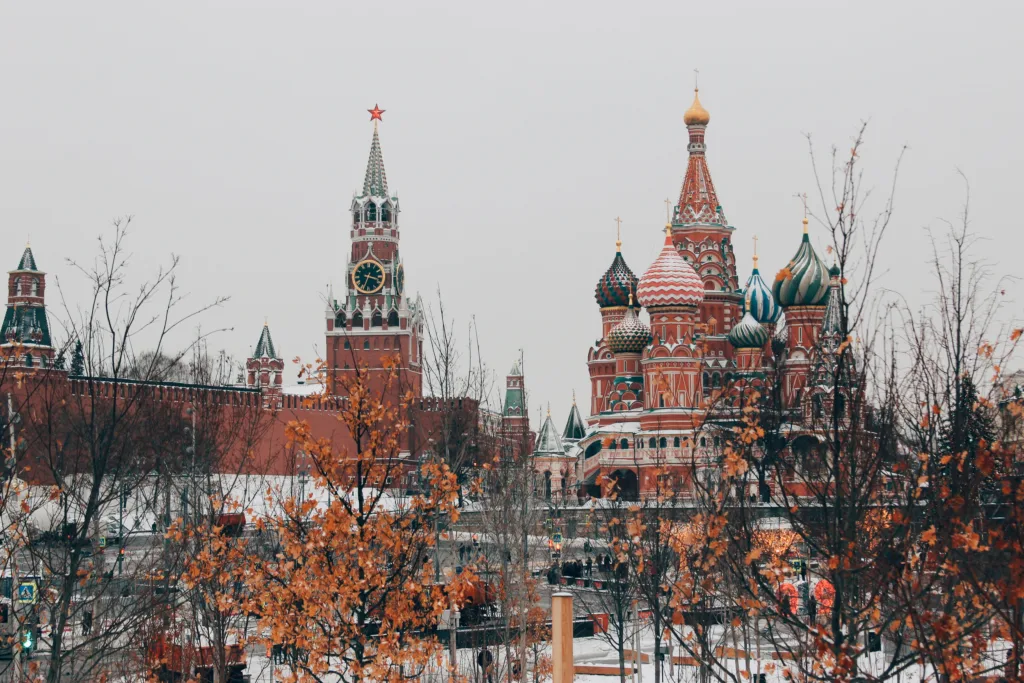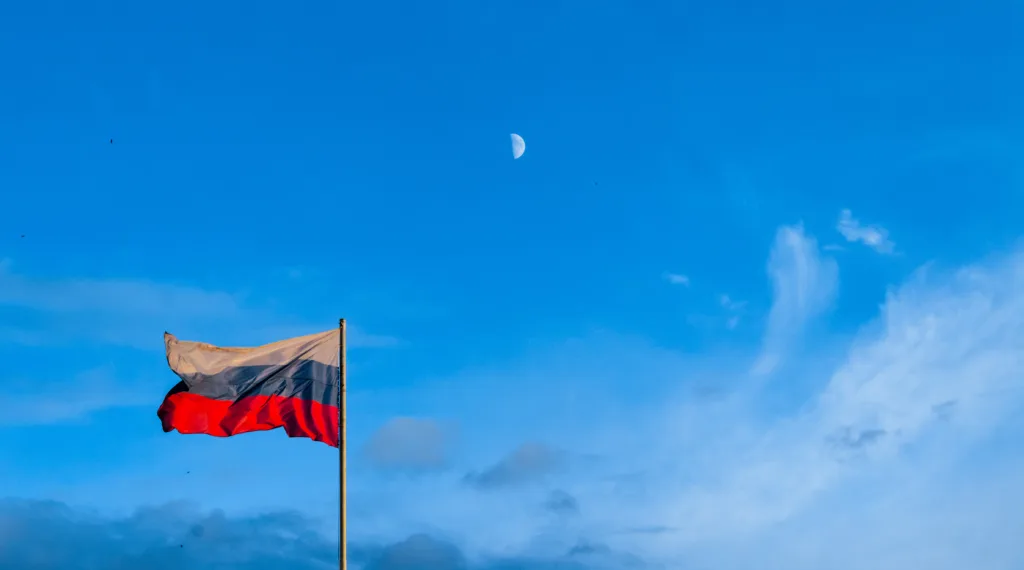Russia is a vast country, covering more than one-eighth of the world’s land area. With a population of over 145 million people, Russia is known for its ethnic diversity, being home to over 190 ethnic groups. However, despite this diversity, ethnic Russians make up the majority of the country’s population.
The question of whether Russia is a nation-state or a multinational state has long been debated by scholars and political analysts. A nation-state is a country in which the majority of the population shares a common cultural and linguistic heritage, while a multinational state is one in which the population is composed of multiple ethnic groups, each with its own distinct culture and language.
Russia is often referred to as a multinational state due to its diverse ethnic makeup and the fact that many ethnic groups have ther own distinct cultures and languages. However, some argue that Russia can also be considered a nation-state, as ethnic Russians make up the majority of the population and share a common language and cultural heritage.
One of the challenges that Russia has faced in its history is managing its diverse ethnic groups. During the Soviet era, the government implemented policies aimed at promoting the equality of all nationalities, but the collapse of the Soviet Union in 1991 led to a resurgence of nationalism and ethnic tensions in some parts of the country.
Today, the Russian government recognizes the rights of ethnic minorities and has implemented policies aimed at promoting their cultural and linguistic heritage. However, some minority groups continue to face discrimination and marginalization.
Russia can be considered both a nation-state and a multinational state, depending on one’s definition of these terms. The country’s diverse ethnic makeup and history of managing ethnic tensions make it a complex and fascinating case study for scholars and analysts.
Is Russia A Multinational Country?
Russia is a multinational country with over 190 ethnic groups living within its borders. Despite the dominance of ethnic Russians in terms of population, there are numerous minority groups that contribute to the cultural diversity of the country. Some of the largest minority groups in Russia include Tatars, Ukrainians, Bashkirs, Chuvash, Chechens, Armenians, and Avars. The diversity of ethnic groups in Russia is reflected in the country’s language, religion, customs, and traditions. Thus, Russia’s multinational character is an essential aspect of the country’s identity, and it has a significant impact on its society and culture.

Why Is Russia A Multinational State?
Russia is considered a multinational state due to its diverse population that comprises various ethnic and linguistic groups. The country’s history of territorial expansion and conquest has led to the assimilation of numerous tribes and ethnicities into the Russian culture. Moreover, the Soviet government’s policy of creating national republics within the USSR also contributed to the formation of the modern-day Russian Federation as a multinational state.
The last official Soviet census conducted in 1989 registered more than 100 nationalities in the country. However, several of tese groups now predominantly inhabit the independent nations that formerly were Soviet republics. This diversity has also led to the development of multiple languages spoken throughout the country, with Russian being the official language.
Additionally, Russia’s geographic location, bordering various countries and regions, has played a significant role in shaping its multicultural identity. The country’s interactions with neighboring nations have resulted in the exchange of culture, traditions, and customs, which have influenced the Russian way of life.
Russia’s historical, political, and geographical factors have all contributed to the formation of a diverse and multicultural society, making it a multinational state.
Is Russia An Example Of A Multinational State?
Russia is an example of a multinational state. The country has a diverse population of approximately 145 million people, of which 20% are non-Russians belonging to 39 different nationalities. This diversity is a result of the historical expansion of the Russian Empire and the Soviet Union, which annexed and assimilated various ethnic groups over time. Today, Russia recognizes the languages and cultures of its ethnic minorities and guarantees them certain rights, such as the right to education in their native language. Russia’s multinational composition is a defining characteristic of its national identity and political system.
What Type Of Nation-state Is Russia?
Russia is a federal semi-presidential republic that operates undr an authoritarian dictatorship. The government of Russia is led by the President, who is currently Vladimir Putin, and the Prime Minister, who is currently Mikhail Mishustin. It is a vast country that spans two continents and has a population of over 144 million people. The Russian Federation is composed of 85 federal subjects, which include republics, regions, territories, and federal cities. It has a complex political structure with a bicameral legislature, the Federal Assembly, consisting of the State Duma and the Federation Council. The State Duma is the lower house, while the Federation Council is the upper house of the parliament. The judiciary system of Russia is independent, and the courts operate on the basis of civil law. Russia is a nation-state that operates on the principles of federalism, semi-presidentialism, and authoritarianism.

Conclusion
Russia is a vast and diverse country with a rich history and culture. With over 190 ethnic groups, it is a multinational state that has faced many nationality problems in the past and continues to do so today. Ethnic Russians make up the majority of the population, but there are also many other groups that contribute to the country’s cultural and social fabric. Despite its challenges, Russia remains a global power and a significant player on the world stage. Its economy, military, and political influence are all factors that make it an important country to watch in the years to come. Russia is a complex and fascinating country that deserves our attention and respect.
